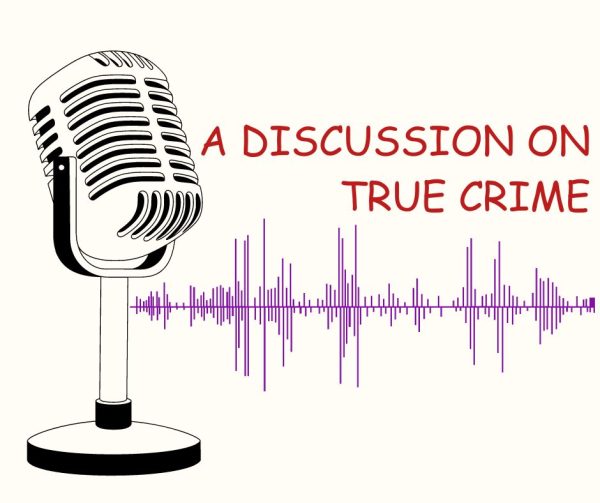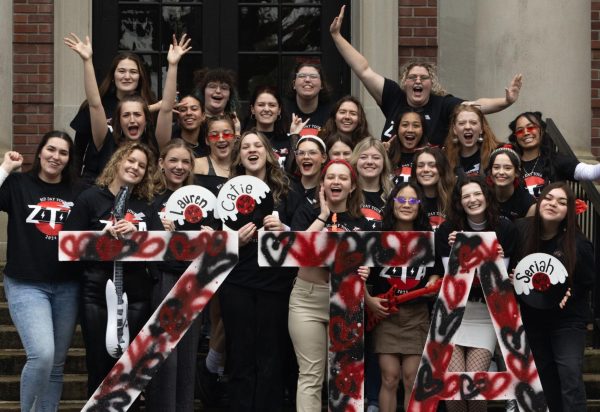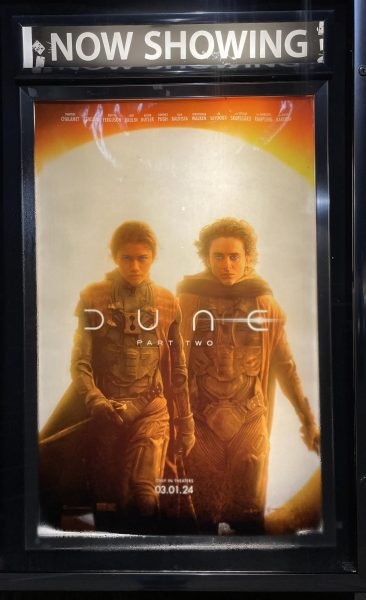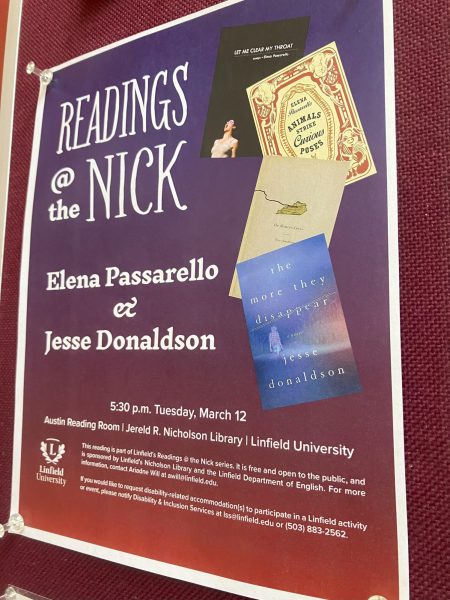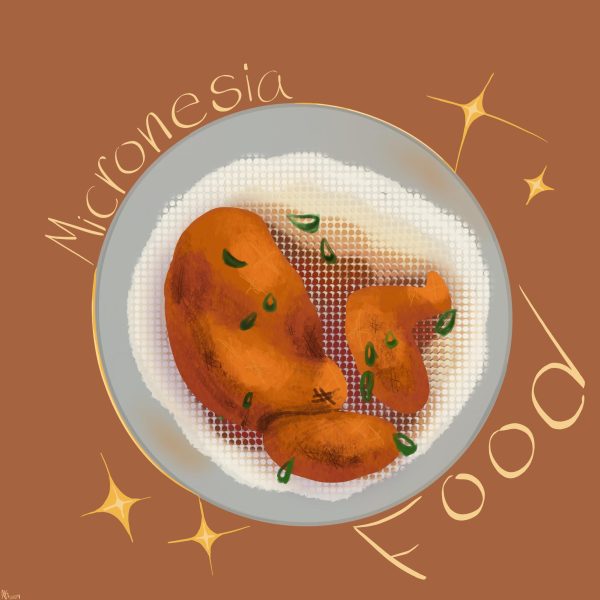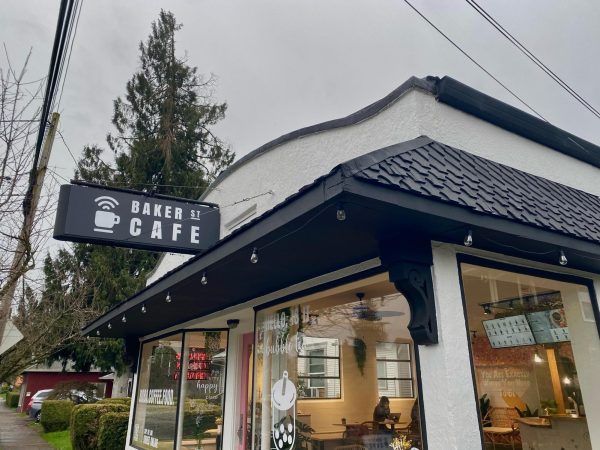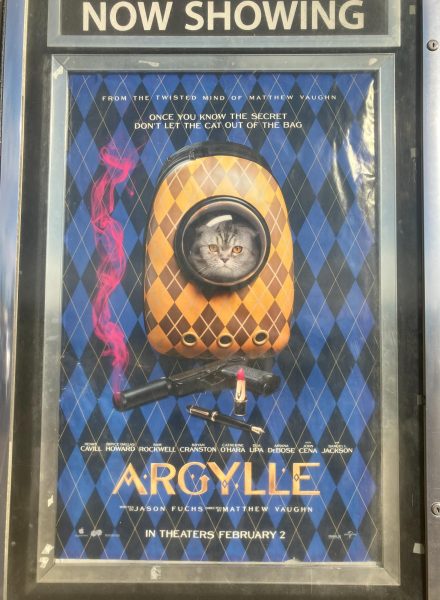English department creates forum for intellectual discourse
October 6, 2014
Friday Sept. 3, the English department held its Fall Literature Conference in the Pioneer Reading Room. Students participated in a series of panels in which they presented their papers written on various topics, ranging from Reinterpreting the Classics to Postcolonial Trauma. There was also a PLACE keynote address by Dr. Sarah Wagner-McCoy, assistant professor of English and humanities at Reed College.
Senior Dawn Wyruchowski presented in the first panel, Literary Responses to 9/11, with her paper “Redefining the Dream in Netherland.”
“I think it went really well. We each talked about a different fragment,” Wyruchowski noted.
“We went from more personal, to how America itself is dealing with it, not just the individual,” junior Camille Weber, who presented on the same panel, said. Her paper was titled “Trauma in Extremely Loud and Incredibly Close.”
Senior Samantha Hilton described the process she went through to revise her paper, “Postcolonial Illness in The Reluctant Fundamentalist.”
“I sat down with Reshmi, and we talked about how you would edit an academic paper. It was surprisingly about getting rid of the nitty gritty and talking about the broader points. Reshmi also wanted me to add some intro because I was first in the [Postcolonial Trauma] panel,” Hilton said.
Professor of English and coordinator of the Gender studies program Reshmi Dutt-Ballerstadt teaches classes on postcolonial literature and theory, Transitional Feminism, Black British literature and creative writing classes on home and belonging.
The importance of these conferences at Linfield is about creating discussions.
“You get a chance to hear about the intellectual thoughts that other students are having. Sharing your thought processes with each other is essential to learning in college. It is aiming to strengthen the intellectual thought of all Linfield and the discourse surrounding that,” Wyruchowski said.
Wagner-McCoy’s “How We Know and What We Read: African-American Literature in the Archives” presentation showed her process of researching Charles Chestnutt, a mixed race author during the Gilded Age. Wagner-McCoy spoke to adding to intellectual discussions. Chestnutt wrote various stories about life for people in the American South as African-Americans. Some of them were published, but most of those were stories based on folklore, stories known as conjure tales. The stories that weren’t published were those that took the life of African-Americans in the South from a more realistic angle.
“They did not want to publish things about mass lynchings,” Wagner-McCoy said about editors’ tendencies to reject Chestnutt’s harsher works.
“I realized there are a lot of short stories we don’t read by Charles Chestnutt, and some of them are very interesting,” Wagner-McCoy said. She spent time in the archives of Fisk University in Nashville, Tennessee in order to find some of these stories.
At the time Chestnutt was writing and publishing his works, other authors wrote their own stories in dialect fiction, and these stories harken back to the good old days of the South, painting them in a much brighter light than they deserved.
“Slavery is the defining event of American history. You can’t read American literature without knowing that we put a price on the life of a human being,” Wagner-McCoy said.
Wagner-McCoy is trying to publish and bring these tales that told the real story of the South, involving the KKK and the truth of the Gilded Age, which was also called the Age of Lynching. The keynote speaker added to the overall theme of increasing the depth of discourse already started by the student panel discussions, themselves.

